By Mobile Burrell, Assistant Director of Technical Assistance & Institute Initiatives
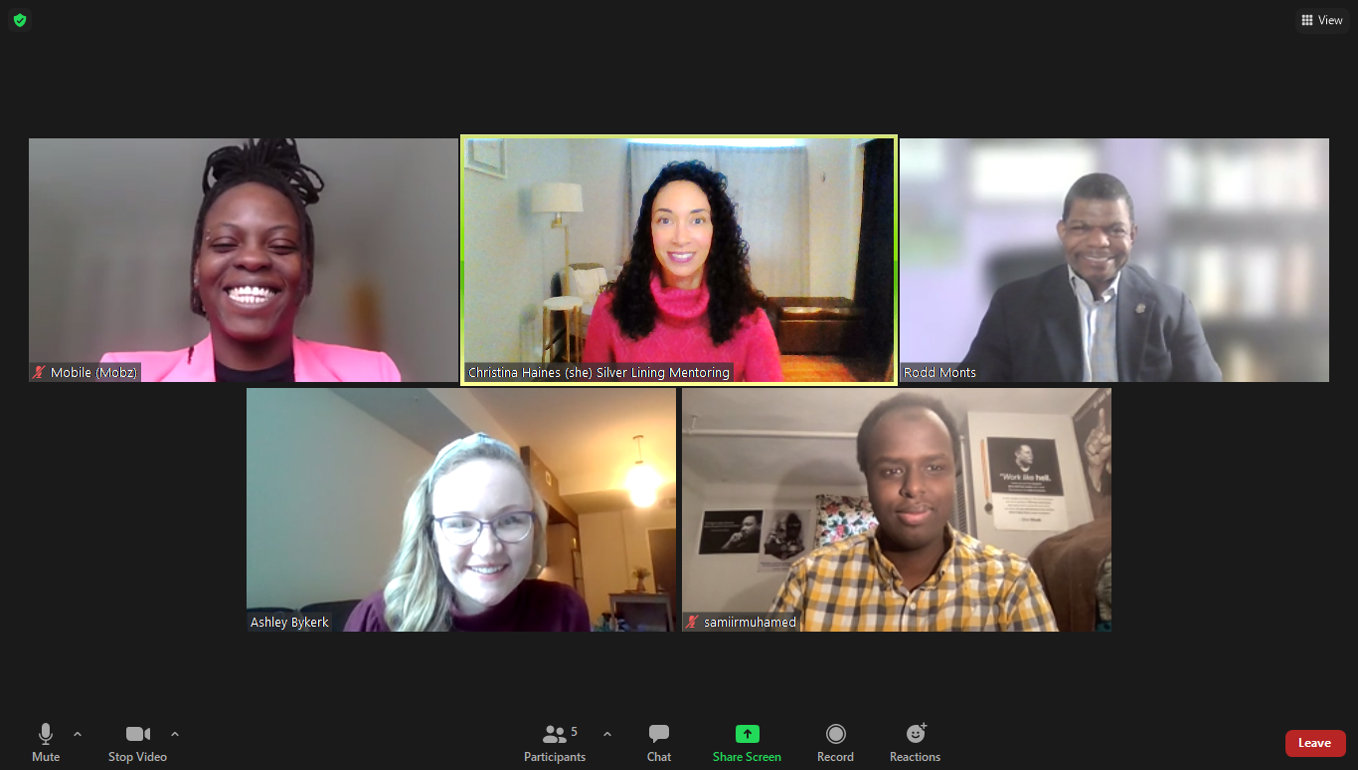 “As you start to walk out on the way, the way appears.” —Rumi
“As you start to walk out on the way, the way appears.” —Rumi
Where did we start?
The Silver Lining Mentoring Institute (Institute) team started our walk in 2019 and, as Rumi alludes to, were not entirely sure of the pathway to take, though we knew that policy advocacy needed to be a branch of that path. As Silver Lining Mentoring continues bringing quality mentoring relationships to young people impacted by foster care in the Greater Boston area, the Institute team is tapping into the knowledge we’ve gained over 20+ years to support other current and potential foster care mentoring programs across the country!
I joined the SLM team in 2015 eager to spend my work energy in service of traditionally marginalized individuals in the US. As a deeply melanated, nonbinary human from the deep South, my journey in life has been filled with negative experiences related to my identities. I am also a human who comes from a fully intact nuclear family with all of the privilege, support, and positive experiences that come along with it. Addressing issues impacting youth in foster care on the national level allows me to continue doing the work of my ancestors on a scale I previously had been unable to imagine—tapping into my own family privilege to improve outcomes for others. I chose to participate in the SchoolHouse Connection Fellowship to gain foundational knowledge and build an excellent community that will set the Institute’s advocacy work up for success.
Where are we now?
Earlier this year, the Institute team began honing in on our policy efforts and “the way appeared” in the form of a fellowship opportunity. Youth leader Samiir and I teamed up to eagerly participate in the SchoolHouse Connection (SHC) 2022 State Policy Fellowship Program. This fellowship “connects and mobilizes a network of affiliates, located across a variety of states, who learn how to advocate on the behalf of and educate policymakers on the issue of child, youth, and family homelessness, are responsive to calls to action around legislative advocacy at the federal and state levels, and train others to become advocates for the issue.”
The issue of youth homelessness ties very closely with foster care. According to the Annie E. Casey Foundation, “One in five [youth transitioning from foster care] report experiencing homelessness between ages 17 and 19, and over one in four (29%) report being homeless from 19 to 21. Among American Indian young adults, the figure jumps to almost half (43%) for ages 19 to 21.”
SHC identified top priorities that can have a significant impact on youth experiencing homelessness. These priorities, which we shared with state policymakers, include:
- Flexible Funding to Support Homeless Children and Youth
- Removing Barriers to Higher Education for Homeless and Foster Youth
- The Homeless Children and Youth Act
Through the fellowship, Samiir and I learned about advocacy outreach planning, training for trainers, recruiting, and onboarding of new advocates. We built quality connections with partner organizations and policymakers, and shared stories of youth experiences to ensure their perspectives are heard. We look forward to continued collaboration so that together, we can form policies that benefit youth in Massachusetts and around the country.
How has the journey been?
If you are anything like me, you’ve wondered, “How do the folks making decisions that directly affect the lives of youth in foster care hear from their constituents?” The SHC policy fellowship created the foundation for answering this question and many more for a noob (shout out to my gamers out there who know🎮! – noob: a person who is inexperienced in a particular sphere or activity, especially computing or gaming) seeking to begin more advocacy efforts. Shout out 📢to the SHC team – Alleanne Anderson and Rodd Monts 🙌🏿🙏🏿 – for providing quality information, consistent support for us noobs, and a community of learners to gain skills and confidence alongside!
Some standout moments from the fellowship include:
- Learning how to effectively communicate with Congress: Who ever knew there were so many steps and folks involved in communicating with a representative?! Did you know that advocacy and lobbying are not the same thing? I did not until this fellowship. #TheMoreYouKnow
- Accessing toolkits (Advocacy Digital Toolkit & Community Engagement Toolkit) and other resources created by the SHC team – see for yourself!
- Having a very supported and well thought-out call with Rodd and Ashley of Rep. Katherine Clark’s team, to discuss youth experiences and needs related to higher education. (Yesss, y’all, Ashley did indeed reach out later to ask for more youth expertise! #YouthLead)
- Seeing Rep. Katherine Clark speak about the need for supports to decrease barriers to higher education during a FY 2023 Department of Education budget meeting.
With all of these supports and resources in place, the Institute team has made great strides in building our capacity to advocate directly with legislatures in service of youth in foster care!
So what’s next?
The work continues! The Institute team is continuing to engage in the SchoolHouse Connection fellowship – here’s what we have coming next:
- April-May: Continue working with the SHC team to build a base of community advocates and further SHC’s work to improve outcomes for youth and young adults impacted by homelessness
- May-August: Fellows and advocates will schedule and conduct legislative visits (both in-person and virtual) and will make contacts at in-district events. Outreach to additional advocates continues.
We look forward to growing our advocacy skills as the Silver Lining Mentoring Institute continues walking this path as the way appears. We appreciate your companionship on this journey!

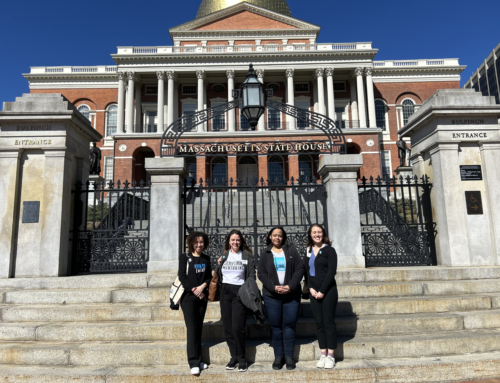
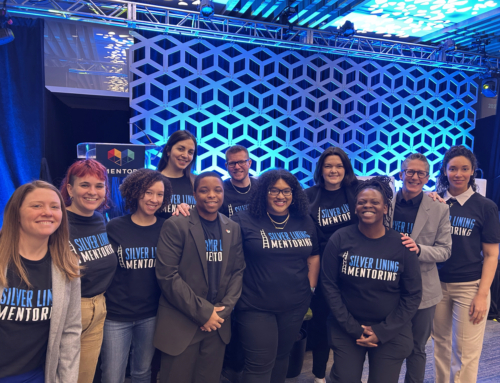
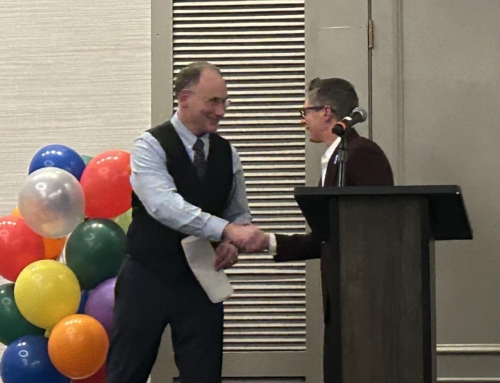
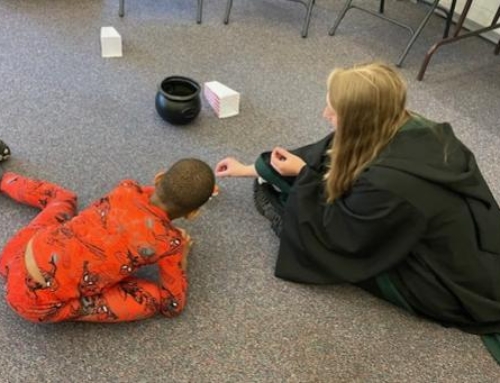
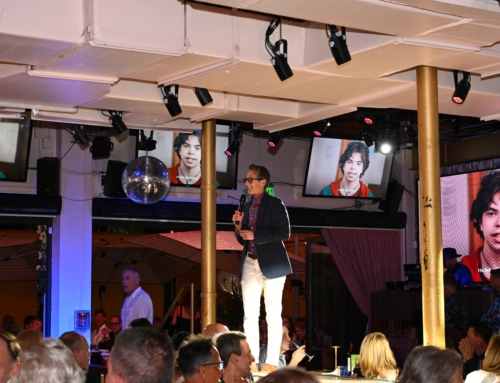
I too am working to decrease homelessness, increase education, decrease addiction rates and increase employment of young adults and decrease incarceration rates. Big job. Prevention is key. Abolition of foster care leads to the decrease of homelessness, addiction, incarceration and decrease in PTSD. Foster kids suffer from PTSD two times more than veterans. Read, Torn Apart by Dorothy Roberts (2022), visit Family Preservation Foundation website, read corruption of child protective services. NGO models such as Better Together in Naples FL needs to go across the USA. We must work together to abolish foster care like we abolished slavery, too many poor children are suffering across America and their futures are bleak. All children are our future, we must treat others like we would want our families to be treated. And terrorizing poor families and kidnapping their children for profit under the disguise of protection needs to stop.Corrupt business of child protection.
Lucy Sprague